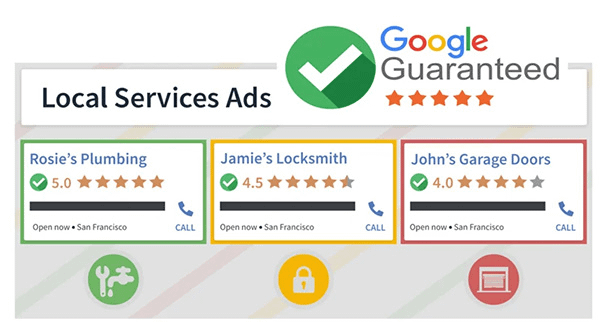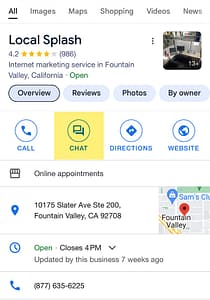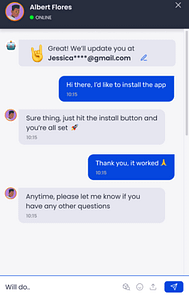As a local service-based business, your service area choices can make or break your online visibility. You might be tempted to cast a wide net, covering as many areas as possible. However, when it comes to Local SEO and Google visibility, sometimes less is more. Let’s explore two powerful strategies to boost your local business presence: restricting your service areas and converting your Service Area Business (SAB) to a storefront.
Understanding Service Area Focus
Before diving into strategies, it’s important to clarify what we mean by service area focus. For businesses that serve customers at their locations, Google allows the creation of a Service Area Business (SAB) profile. This profile lets you specify the geographic areas where you offer your services.
However, the way you define your service area can significantly impact your visibility in local search results. Google’s algorithm favors businesses most relevant to the searcher’s location, creating what we call an “influence radius” around your business.
Local Business Relevance Matters Most
Your business is most relevant to your nearby area. Why? It’s simple:
- Lower travel costs for you and your customers
- More time-efficient service delivery
- Stronger local connections and reputation
Local SEO works best in your immediate proximity. When you adjust your online profile to reflect this reality, you align with what Google’s algorithm prefers.
To emphasize this point, let’s consider an extreme example. Technically, you could offer your services worldwide. Imagine a home builder traveling overseas to construct a house! While it has happened, it’s clearly not a practical or efficient way to run a local service business. The key is to focus on your most relevant market without diluting your online presence.
Strategy 1: Restricting and Limiting Service Areas
If you’re listing too many service areas, you may be diluting your relevance. Limiting your service areas to a few key locations can help:
- Focused Relevance: By selecting your most preferred 2-3 locations, you’re telling Google where you are most relevant.
- Stronger Rankings: Fewer service areas often mean better rankings in those specific places.
- Quality Over Quantity: It’s better to rank well in a few key areas than to have weak visibility across many.
To implement this strategy:
- Analyze your current service areas.
- Identify your top-performing or most profitable locations.
- Select 2-3 core service areas that align best with your business goals.
- Update your Google Business Profile and ensure your website and online listings reflect this change.
Strategy 2: Converting SAB to Storefront
Strategy 2: Converting SAB to Storefront
If you have a physical location where customers can visit, converting your SAB listing to a storefront can be a game-changer:
- Preferential Treatment: Storefronts generally perform better in local search results.
- Improved Ranking Potential: Physical locations are seen as more established and trustworthy.
- Better Visibility: The combination of improved ranking and trust often leads to more customers.
Before making this change, ensure:
- You have a physical location that customers can visit.
- You’re comfortable displaying your business address publicly.
- You comply with Google’s guidelines for storefront businesses
To convert your SAB to a storefront, update your Google Business Profile, and Google may require you to re-verify your profile before publishing the update.
Why These Strategies Work
Both strategies align with Google’s preference for relevant, localized results. By restricting your service area or establishing a storefront, you show Google where you are most relevant and trustworthy. This approach reduces competition, positioning you as a top choice in a focused area rather than being spread too thin.
Implementing These Strategies
Whether you restrict your service area or convert to a storefront listing, contact your Local Splash team. Our team can:
- Update your Google Business Profile with the necessary changes.
- Verify your business address and ensure compliance with Google’s guidelines.
- Handle any additional verification steps required by Google.
Consistency across all your online platforms, including your website and directory listings, is key.
Potential Challenges
While these strategies are powerful, there are potential challenges:
- Business Goals: Ensure that restricting your service area aligns with your overall objectives.
- Customer Expectations: Communicate clearly about your service area to avoid disappointing potential customers.
- Compliance: Make sure you fully comply with Google’s guidelines if converting to a storefront.
Conclusion
Sometimes, the path to greater visibility means narrowing your focus. By restricting your service areas or converting to a storefront listing, you can enhance your relevance and authority in the eyes of Google and potential customers.
Take a moment to assess your current service area. Could a more focused approach boost your visibility? By implementing these strategies, you can optimize your local presence and see a significant boost in online visibility and customer engagement. Contact Local Splash to get answers.


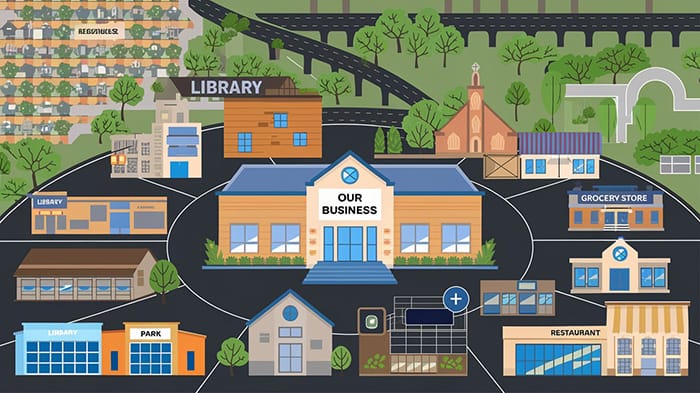
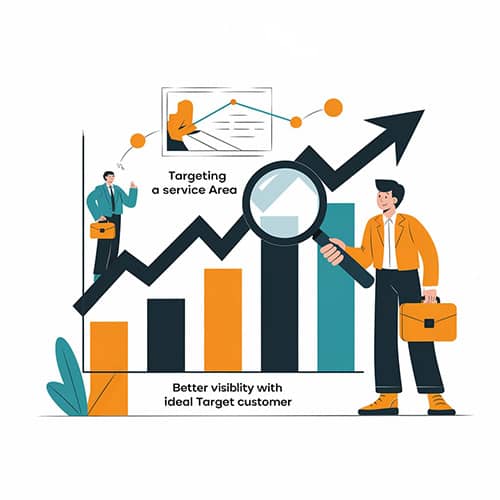
 When considering your
When considering your 